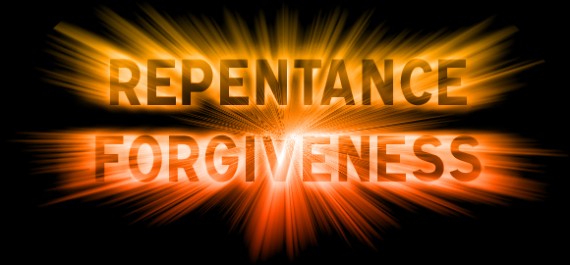Ah, Yom Kippur, the Day of Atonement and also the day of exhaustion (without fail, it is always a hard day around here, every single year). Between fasting, extremely long temple services, strong religious overtones about guilt/sin, and lots of folks in close quarters, nerves get frayed very, very easily.
At my house, a squabble is to be expected, but this year, it was a knock-down, drag out fight. What started as a simple disagreement between two people morphed into a group debate about repentence, namely can someone be “forced” to repent?
Opinions seemed to run the gamut: One lady said everyone should apologize, sorry or not. Another person said he wouldn’t apologize, under any circumstances, ever (don’t ask…). Yet another said: “Repentance is a waste of time because you can’t undo the original crime.”
Personally, I believe that repentance is generally a good thing. We are all human and we all make mistakes. When I do something wrong, I admit it freely, and try not to repeat the behavior. But that is my choice. Not everyone shares my feelings and if someone isn’t sorry, insisting they issue a fake apology, whether it’s to a human being or the Lord above, is truly useless. Scripture is very clear that one must atone of their own free will, same as a victim must freely accept an apology. If someone is shamed or goaded into repenting, that’s not authentic.
In an ideal world, nobody would ever hurt another’s feelings, injure their person, or steal their property. There would be no adultery, no murder, no blasphemy, no sin at all. Of course, that world doesn’t exist! So long as we continue to sin—and every person on earth is a sinner—we will need to repent. We are not required to be perfect, but we should be mindful of our own shortcomings and how they can negatively effect us and others.
How do you feel about repentance?

